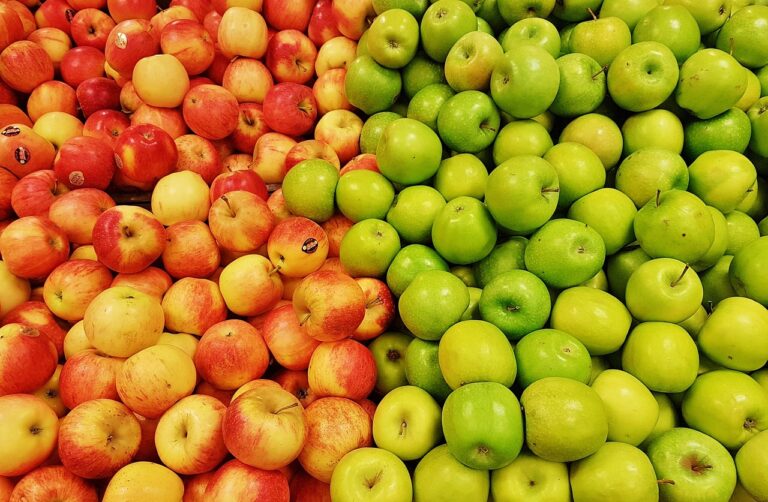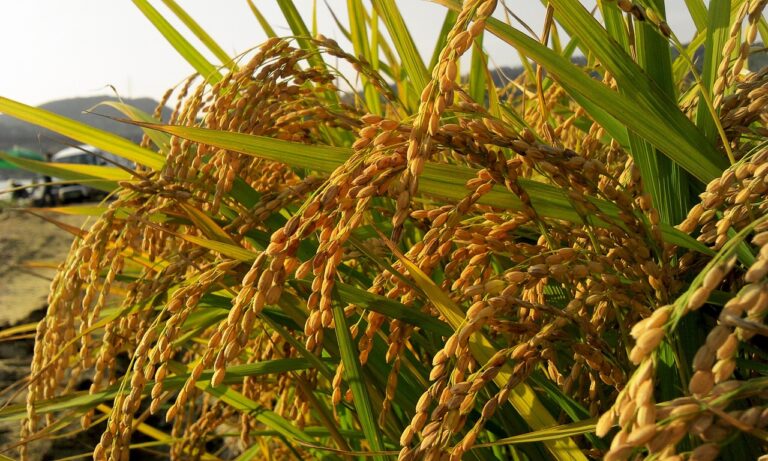The Potential of Agroecological Farming in Urban Settings: Silverexch.com, Goldenexchange, Betbook247.com
silverexch.com, goldenexchange, betbook247.com: Agroecological farming is a sustainable agricultural approach that aims to integrate ecological principles into farming practices. This farming method focuses on enhancing biodiversity, soil health, and ecosystem services while also promoting the well-being of farmers and communities. While agroecological farming is often associated with rural settings, its potential in urban areas is becoming increasingly recognized.
One of the key advantages of agroecological farming in urban settings is its ability to provide fresh, nutritious produce to city dwellers. Urban agriculture can help reduce food miles, greenhouse gas emissions, and food waste by bringing food production closer to consumers. By growing food in vacant lots, rooftops, or community gardens, urban farmers can supply local markets, restaurants, and households with a variety of fruits, vegetables, and herbs.
In addition to improving food security and nutrition, agroecological farming in urban settings can also contribute to environmental sustainability. By adopting organic farming practices, such as crop rotation, composting, and natural pest control, urban farmers can reduce the use of synthetic inputs and minimize the impact on soil, water, and wildlife. This holistic approach to farming can help build resilience to climate change and promote biodiversity in urban ecosystems.
Moreover, agroecological farming can create economic opportunities for urban residents, especially those in underserved communities. By cultivating urban farms, residents can not only access fresh, affordable produce but also learn valuable skills in organic farming, marketing, and entrepreneurship. Urban agriculture projects can also generate employment, support local businesses, and revitalize neighborhoods.
Despite its benefits, agroecological farming in urban settings faces several challenges, including limited access to land, water, and resources. Urban farmers may struggle to secure land tenure, obtain permits, or access affordable water for irrigation. Additionally, urban agriculture may be subject to zoning regulations, environmental risks, and conflicts with other land uses. To overcome these challenges, policymakers, planners, and stakeholders need to support and promote agroecological farming through policy reforms, capacity building, and community participation.
In conclusion, the potential of agroecological farming in urban settings is vast and promising. By embracing sustainable farming practices, urban farmers can contribute to food security, environmental sustainability, and economic development in cities. As the demand for local, organic produce continues to grow, agroecological farming can play a critical role in building resilient, equitable, and healthy food systems in urban areas.
FAQs
1. What is agroecological farming?
Agroecological farming is a sustainable agricultural approach that integrates ecological principles into farming practices to enhance biodiversity, soil health, and ecosystem services.
2. How does agroecological farming benefit urban settings?
Agroecological farming in urban areas can provide fresh, nutritious produce, improve food security and nutrition, promote environmental sustainability, create economic opportunities, and revitalize neighborhoods.
3. What are the challenges of agroecological farming in urban settings?
Challenges of agroecological farming in urban areas include limited access to land, water, and resources, zoning regulations, environmental risks, and conflicts with other land uses.
4. How can policymakers and stakeholders support agroecological farming in urban settings?
Policymakers and stakeholders can support agroecological farming in urban areas through policy reforms, capacity building, community participation, and promotion of sustainable farming practices.







